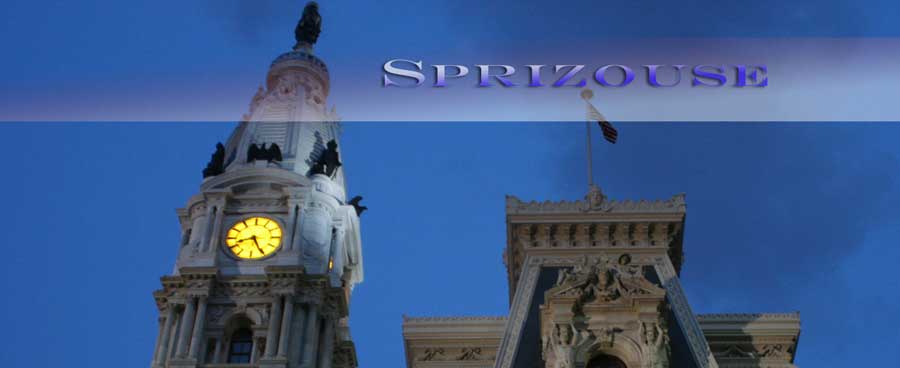Gregg Easterbrook writes a blog post today (I've linked to it, but please for the love of God, plese don't go read it, it's unusually moronic, even for an Easterbrook post). Here, I'll summarize Easterbrook's commentary on the recession thusly:
1.) Democrats are demanding government spending to help fix the economy. But that's what Democrats always demand and it hasn't worked.
2.) Federal government spending has risen dramatically since 2008 (due to the stimulus) so Paul Krugman is an idiot for pointing out that government spending has decreased.
3.) The whole problem with the economy is pessimism and the only fix is optimism. Once people become optimistic again, the economy will turn around.
Let's start the fisking shall we?
Point 1: Do Democrats always demand government spending? Of course not. Only a complete idiot would say this. When the economy is healthy, Democrats do not demand government spending. But when interest rates are at 0.0%, and have been at 0.0% for three years but still haven't pushed the economy out of its recession, that's when Democrats demand government spending. Nevermind that this is textbook macroeconomics.
Point 2: Do I really need to correct this point? Let me just re-write what Easterbrook said once more for you.
"Federal government spending has gone up since 2008, so Paul Krugman is an idiot for pointing out that total government spending (which includes both federal and state spending) has decreased. He has named that 'austerity'. Hahaha, look at what an idiot that man is. Hahahaha."
Point 3: Do I really need to correct this point either? This 'lack of optimism' crap is basically the same line of thinking that wingnuts use as a reason for being in a recession. But they limit it to businesses and say we're in a recession because businesses lack confidence. This talking point has been fisked and fisked and fisked and fisked until it can't be fisked anymore. But here is the most recent, point-by-point destruction by Larry Mishel.
So that's it. That's Easterbrook's column today. Everything in it (and I mean EVERY SINGLE THING in it) is so wrong that it would be laughable if it weren't for the fact that Easterbrook is somehow a popular and respected "centrist" columnist.
And I'm not going to apologize for my ad-hominem attacks on this nitwit. His blog posts tend to make my eyes bleed, but after reading this most recent one I went through a fifteen minute stretch where I thought I might never recover my eyesight again. Suffice it to say that the world would be better off if Easterbrook never put printed word to page ever again.



